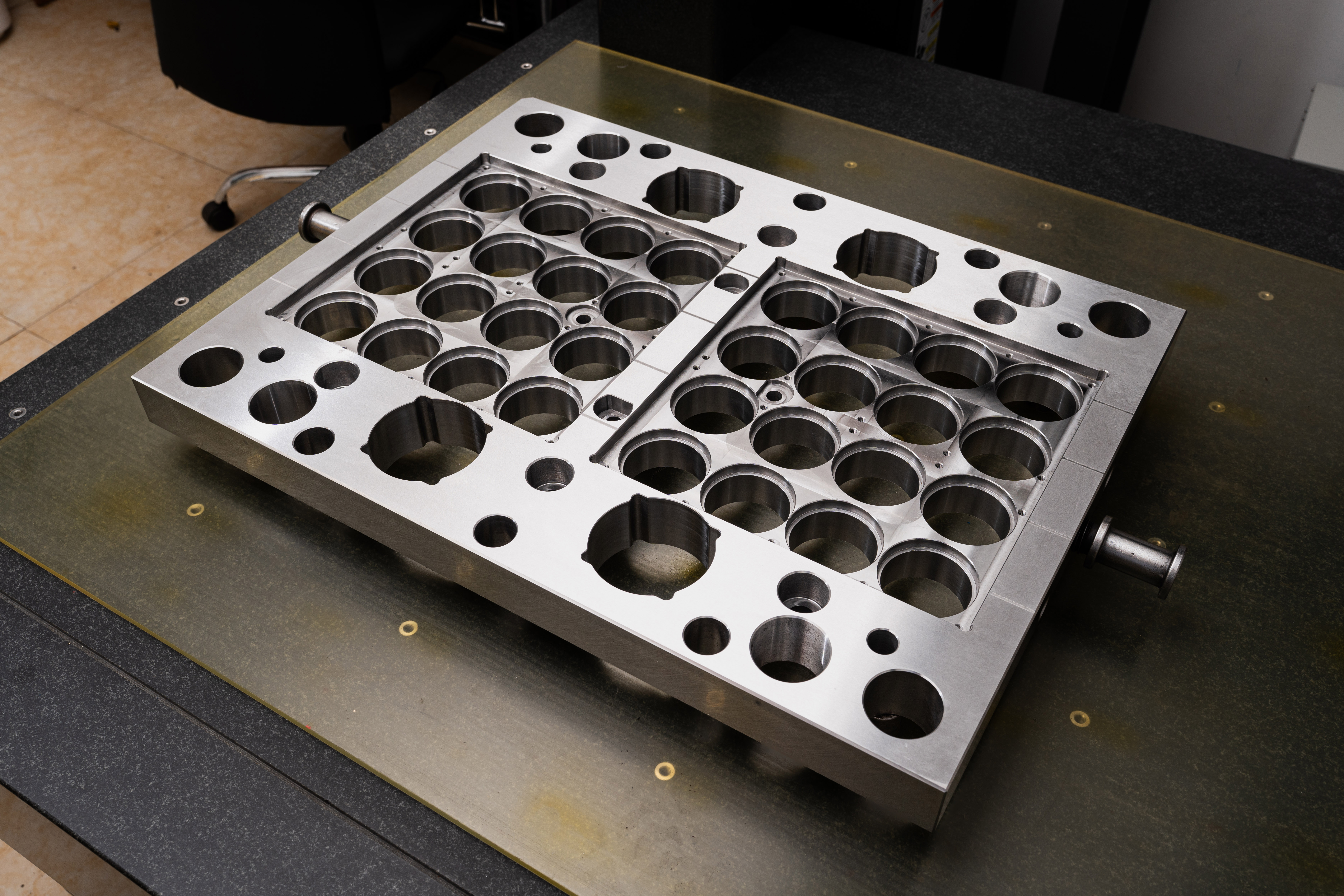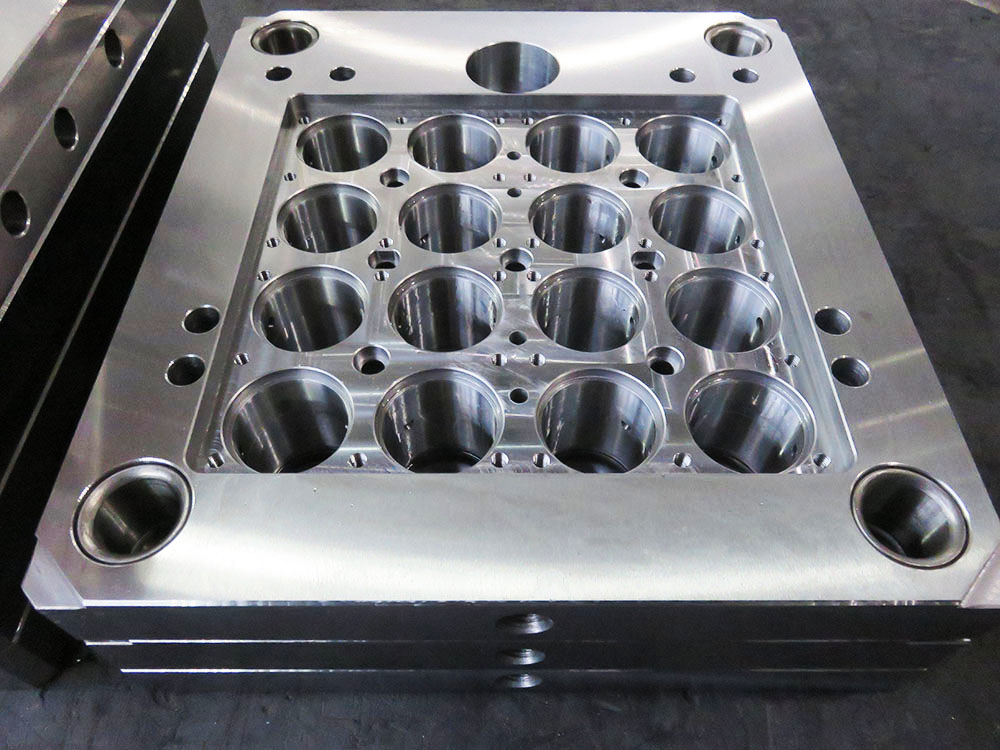The Use of Module Framework in the Mold Base Industry
The mold base industry plays a vital role in the manufacturing sector, providing the foundation for the production of a wide range of products. To enhance productivity, efficiency, and quality, professionals in this industry are increasingly turning to innovative tools and technologies. One such tool that has gained significant attention is the module framework offered by Yanxiu Toolbox. In this article, we will explore how the module framework can be effectively utilized in the mold base industry.
Benefits of the Module Framework
The module framework offered by Yanxiu Toolbox offers several advantages for professionals in the mold base industry:
1. Standardization and Modularity: The module framework allows for the standardization of various components of the mold base, enabling greater modularity. This ensures that different modules can be easily interchanged, reducing production time and costs. Additionally, it enables efficient repairs and maintenance as individual modules can be replaced without affecting the entire mold base.
2. Design Flexibility: The module framework provides designers with greater flexibility, allowing them to easily customize mold bases based on specific requirements. Different modules can be combined and adjusted, providing the flexibility to accommodate various product designs and specifications.
3. Quick Assembly and Disassembly: The module framework facilitates quick and easy assembly and disassembly of mold bases. This significantly reduces production downtime, as mold bases can be quickly reconfigured for different products or repaired without extensive delays.
4. Enhanced Efficiency: By utilizing the module framework, manufacturers can streamline their production processes and enhance overall efficiency. The standardized modules reduce the number of different components that need to be managed, simplifying inventory management and procurement processes.
Implementation of the Module Framework
The effective implementation of the module framework in the mold base industry requires careful planning and coordination:
1. Identifying Modular Components: The first step is to identify the various components of the mold base that can be modularized. This may include base plates, cavity plates, core inserts, ejector systems, and cooling systems. Decisions regarding which components can be standardized and modularized should be made based on factors such as product requirements, manufacturing processes, and cost considerations.
2. Defining Standardization and Interchangeability Criteria: Once the modular components are identified, it is essential to establish standardization and interchangeability criteria. This includes defining the dimensional specifications, tolerances, and interfaces of each module. The use of standardized templates and guidelines can help ensure consistency and compatibility across different modules.
3. Designing and Creating Module Library: A comprehensive module library should be developed, cataloging the various modular components available. This allows designers and engineers to easily access and select the required modules for their specific mold base designs. It is important to regularly update and expand the module library to incorporate new components and advancements in the industry.
4. Training and Education: To effectively utilize the module framework, professionals in the mold base industry should undergo proper training and education. This includes familiarizing themselves with the module library, understanding the design principles and guidelines, and gaining proficiency in the assembly and disassembly processes. Continuous training ensures that professionals stay updated with the latest developments in the module framework.
Conclusion
The module framework offered by Yanxiu Toolbox is a valuable tool for the mold base industry, providing numerous benefits such as standardization, design flexibility, quick assembly, and enhanced efficiency. The successful implementation of this framework requires careful planning, coordination, and continuous professional development. By embracing the module framework, professionals in the mold base industry can optimize their production processes, reduce costs, and deliver high-quality products to meet the ever-evolving market demands.




